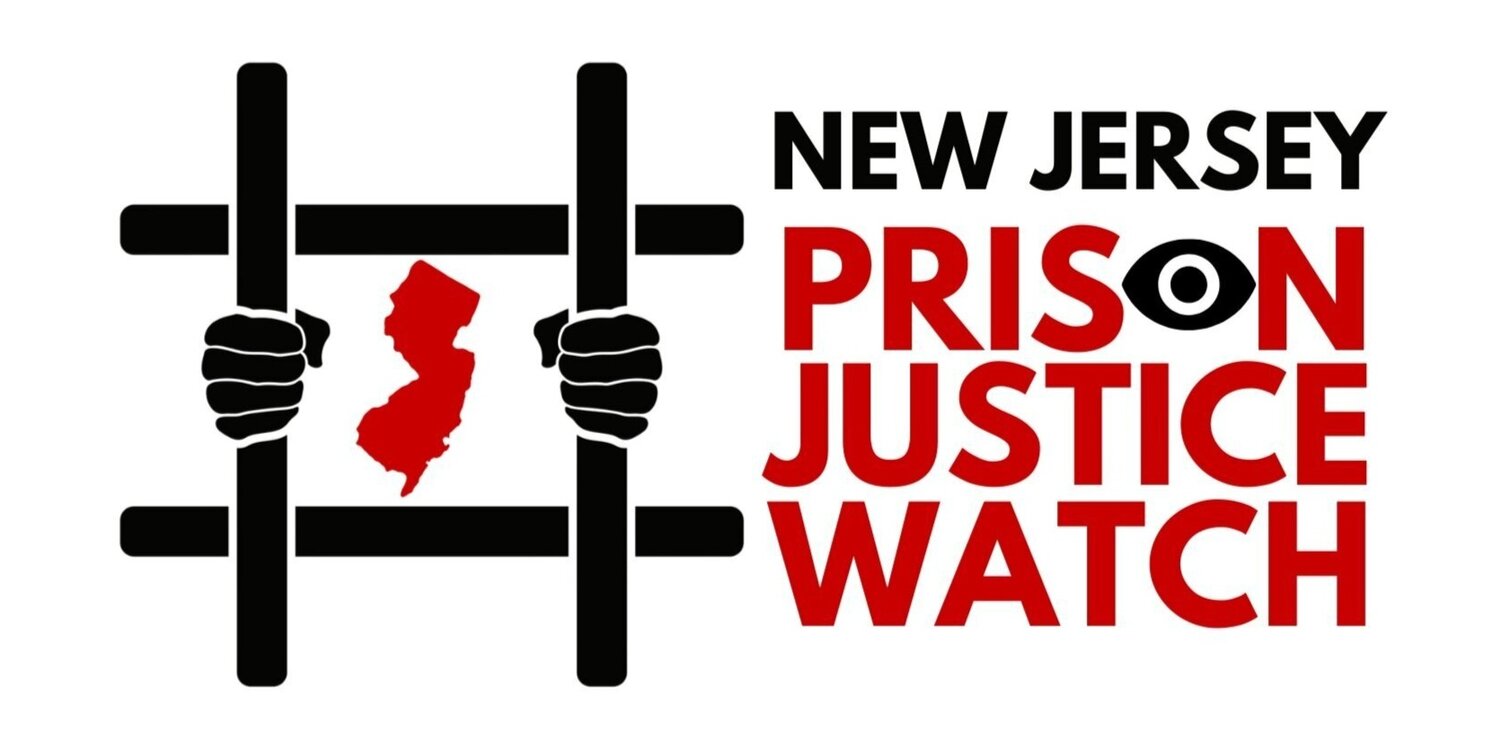CLICK HERE TO SIGN ONTO THIS LETTER
March 20, 2020
Dear Governor Murphy and Commissioner Hicks,
We, the undersigned, strongly urge you to take action to curb the spread of COVID-19 in all New Jersey correctional facilities. This virus presents a serious threat to the general public, warranting extreme vigilance and precaution; and for people incarcerated in our state and county institutions, this pandemic will likely have an even more severe and deadly impact, unless you take swift and decisive action.
Prisons are known to be incubators of infectious disease, as we have seen even recently with otherwise manageable infirmities like the flu, H1N1, and mumps. Furthermore, people in prison are uniquely susceptible to this virus due to under-resourced medical services, crowded conditions, and restricted access to personal hygiene supplies and services. We know that people who are elderly or with compromised immune systems are at special risk of contracting COVID-19, and so any outbreak in prison or jail would immediately threaten the lives of elderly residents as well as the high number of those with preexisting chronic and infectious diseases.
We are aware of and grateful for certain precautions that are already underway to prevent and slow the spread of this disease among our incarcerated populations, but the action must be much more aggressive, as “COVID-19 related screens” and restriction of visitation will not be sufficient to prevent the imminent spread of this deadly virus.
Informed by the research of the Prison Policy Initiative, the Justice Collaborative, and the Center for Prisoner Health and Human Rights, we advise you to take each and all of the following actions on this checklist, to save the lives of incarcerated persons and their communities.
Reduce the number of ill or vulnerable people in all correctional facilities.
This entails:
Releasing through clemency, commutation or parole, all elderly incarcerated people, unless they pose a clear and imminent risk to the public.
Releasing, to appropriate parole, all populations with health conditions that put them at disproportionate risk, as identified by the Center for Disease Control.
Releasing, to appropriate parole, all who are currently incarcerated, but who have anticipated release dates in 2020 and 2021.
Advocating for the release of people in federal immigration detention in New Jersey.
Advocating for the release of those held in pretrial detention, unless they pose an imminent risk to the public.
Reduce institutional admission through changes in police, prosecution, immigration and judicial practices.
Suspending all unnecessary parole meetings and technical violations that lead to re-incarceration.
Expediting the implementation of S761, which ensures release of people eligible for administrative parole.
Conducting pre-admission screenings and diversion for those who otherwise would pose a risk to the incarcerated population.
Conducting universal and comprehensive screening of all persons entering correctional facilities, and requiring effective sanitation practices from all visitors and staff.
Provide free education and sanitation supplies to all institutional staff and incarcerated people.
This entails:
Distributing educational materials to all incarcerated people, in multiple languages and multiple forms, that clearly communicate preventative practices.
Providing hygiene and sanitation supplies, free of charge, to every staff, visitor, and incarcerated person.
Improving and maintaining rigorous sanitation of facilities.
Improve access to healthcare and wellness services for incarcerated people.
This entails:
Eliminating medical co-pays within prisons.
Eliminating barriers to communications with families and loved ones.
Advocating for distribution of testing kits and other necessary resources from the federal government.
Expand intervention policies to comparable institutions and programs.
This entails:
Advocating for the application of comparable assessment, population reduction, and medical access protocols to psychiatric units and psychiatric hospitals.
Applying comparable assessment, population reduction, and medical access protocols to Juvenile Justice Commission Secure Care Facilities and Residential Community Homes.
Provide housing vouchers or other appropriate housing assistance for all released populations.
Provide public information on all COVID-19 related interventions.
This entails:
Collection of data regarding interventions and outcomes of preventative, assessment, and treatment practices.
Releasing to the public the specific plans and procedures for addressing COVID-19 concerns for all state, local, and federal institutions.
We are deeply grateful for your concern, attention, and hard work on behalf of all New Jersey residents during this difficult moment. And we are thrilled to offer support as you seek to implement these urgent and necessary interventions.

